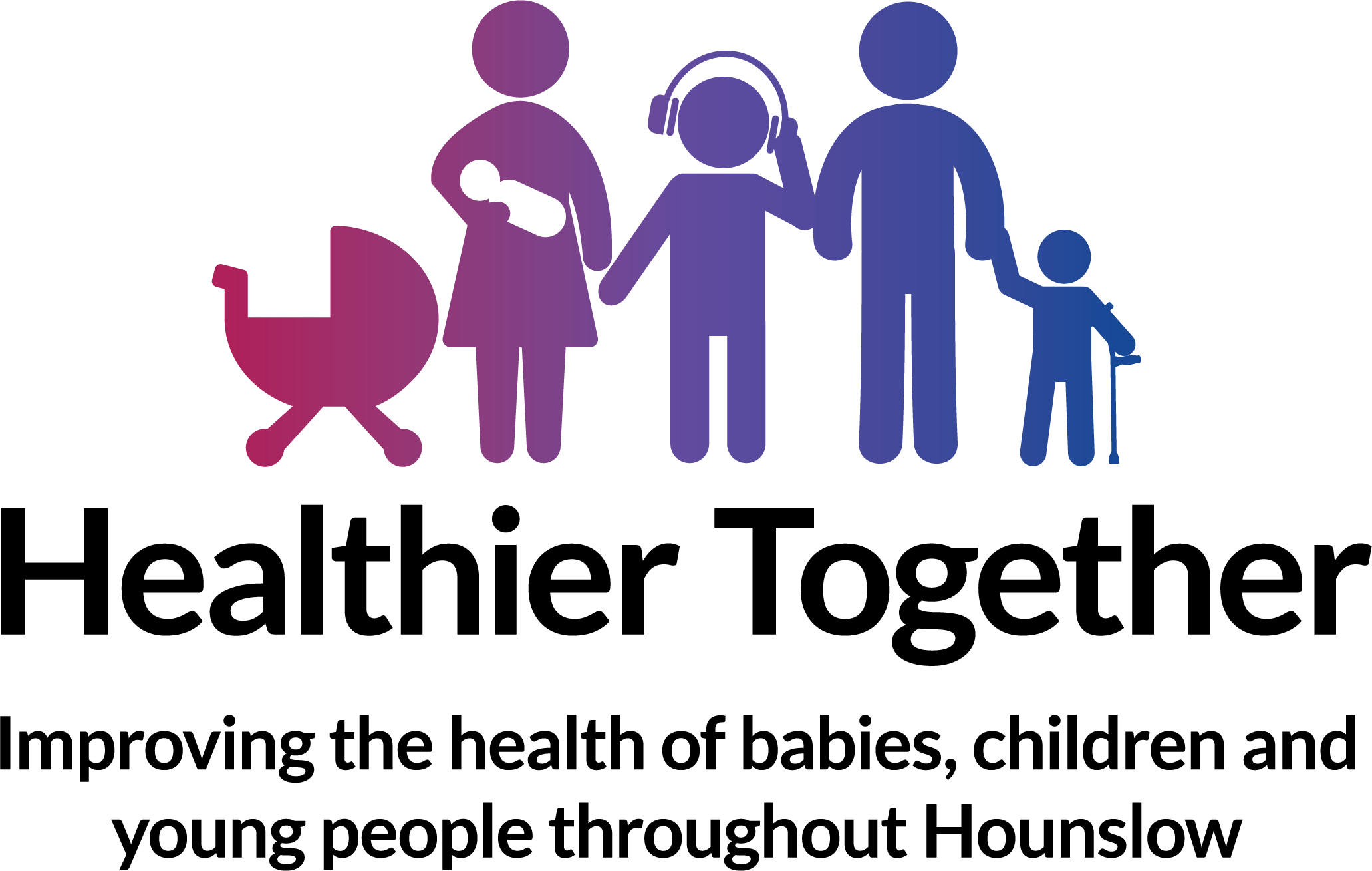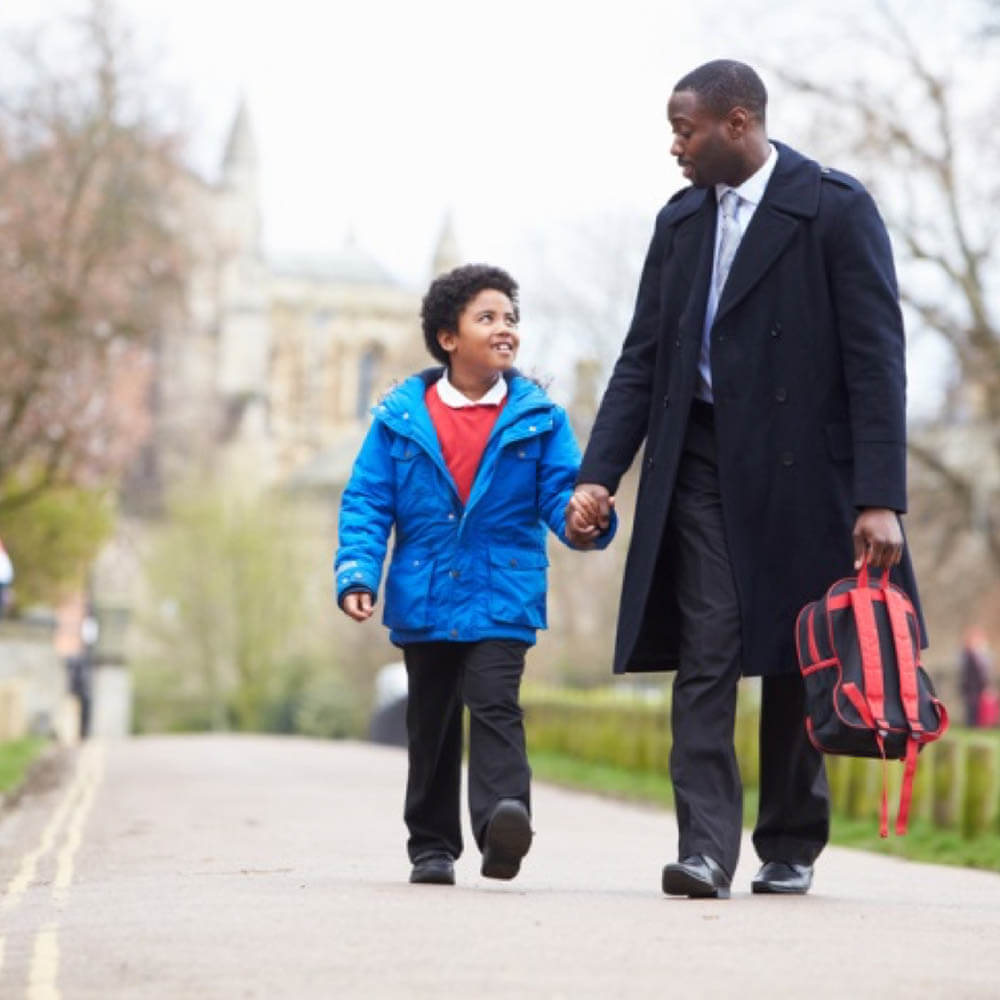Being able to get dressed without help from an adult is fantastic for developing your child’s independence.
Getting dressed is a complex skill that involves both large and fine motor movements. Buttons and zippers can be tricky for young children to use because their fingers are still developing. Velcro or buckles make it much easier for them to put on shoes.
For PE, it's best if children wear trainers instead of plimsoles because trainers give better support for their feet. When shoes feel comfy children are more likely to enjoy being active.
- Practice putting shoes on the correct feet. Draw half a smiley face inside each shoe, this can help children with their left and right.
- Dressing up is a fun way to support getting dressed skills. Start with scarves and materials and then move to oversized clothes they can pull on and off themselves.
- Movement skills – You can watch this short video clip on At Home Activities to Practice Getting Dressed.
- Use a tick list or a sequence strip to support children with dressing.
- Start them off getting dressed and allow them to finish, e.g. pull their jumper up, pulling their arms out, leave on their head and allow them to finish by pulling the jumper over their head.
- Draw an outline of their body with chalk. Place clothing items onto the right place of the body so they get used to where things go.
Top Tip
It can sometimes feel frustrating or time consuming, and it can seem easier to do it for them, but the more they practise the easier it will be.
- Ready, steady, dress activity sheet. Create a self-portrait of your child all dressed and ready for school. This activity sheet not only builds excitement for wearing school uniform, but also helps strengthen children’s fine motor skills too.
- Getting dressed and ready for the day - backward chaining information sheet - NHS
- Getting ready for the Day - BBC
Give your child the opportunity to develop their independence around mealtimes so they can get used to it before school.
Top Tip
Try and sit at the table to eat together as often as you can. Mealtimes at school are fun and sociable times.
Children starting school will need to be able to feed themselves using a knife and fork sitting at a table. Get them to practice cutting up their food, ask them to carry their own plate and clear it away.
- Instead of cutting up all your child's food for them, try leaving a bit so they can practice doing it on their own.
- Show them how to cut food by using the knife yourself, and encourage them to hold the food steady with their fork.
- If your child is struggling to use a knife and fork, encourage them to scoop their food with a spoon.
To support your child to eat well, offer new foods in different forms (raw or cooked, sticks or slices, smooth or lumpy). This will help your child to learn to like a range of different food.
It is normal for toddlers to refuse to eat or be fussy eaters, try to give them the right portion size for them.
Children should only drink plain water or unflavoured milk to keep their teeth healthy.
Your child should be drinking from a cup without a lid. Make sure they are having about six to eight drinks every day.
Top Tip
Be patient, spills will happen. Give them time to try and do things for themselves.
All children in Reception, Year 1 and Year 2 can have a free school lunch.
If you are on benefits your child may be eligible for free school meals throughout school. You will need to apply through your local council. If your child is eligible for free school meals, they’ll also qualify for the Holiday Activity and Food Programme. Food vouchers may also be available through the Household Support Fund. Find out more by contacting your local council.
Helpful links
- NHS – Healthier Families Recipes
- NHS – What to feed young children
- NHS – Fussy eaters
- HENRY – Recipes
- HENRY – Tips for happy family mealtimes
- HENRY – Tips for eating well for less
- HENRY – Top tips for fussy eaters
- Child Feeding Guide Tips and Tricks
- Be Sugar Smart! Check out these tips for Healthier Snacks for Kids
- HomeStart Mealtime Routine sheets One and Two
Your child should be wearing cotton pants throughout the day at school. Some children with complex needs may take longer to be dry during the day. Some children will not be dry at night when they go to school. This is normal.
Start toilet training as soon as your child shows signs they are ready. It requires time and patience.
Give your child plenty of encouragement and praise when they are dry. Don’t get cross or let your child see your frustration when they have an accident.
If they have an accident, change them in the bathroom. This helps them learn where they should be going. Encourage them to wipe themselves properly from front to back using toilet paper. Teach them to wash their hands with soap and water. You can use (not food) rewards, for example stickers when toilet training.
If you need help contact your health visitor.
Helpful links
- ERIC – All aboard the toilet train: Get ready for school
- ERIC – Learning bottom wiping – a step by step guide
- ERIC – Potty training – how to start and best age to potty train
-
Please see this printable toileting sequence strip on the Eric website:
- The Institute of Health Visiting has advice and tips on toilet training
- Simple and supportive toilet training advice - ERIC
- Potty training and bedwetting - NHS
- Pants4School - Down Syndrome UK
- Concerned your child is constipated?






